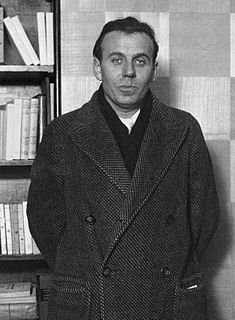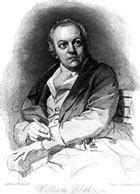A Quote by Sophocles
The man from whom the joys of life have departed is living no more, but should be counted with the dead.
Related Quotes
You can lose your way groping among the shadows of the past. It's frightening how many people and things there are in a man's past that have stopped moving. The living people we've lost in the crypts of time sleep so soundly side by side with the dead that the same darkness envelops them all. As we grow older, we no longer know whom to awaken, the living or the dead.
Freedom is the essence of this faith. It has for its object simply to make men good and wise. Its institutions then should be as flexible as the wants of men. That form out of which the life and suitableness have departed should be as worthless in its eyes as the dead leaves that are falling around us.
For I wondered that others, subject to death, did live, since he whom I loved, as if he should never die, was dead; and I wondered yet more that myself, who was to him a second self, could live, he being dead. Well said one of his friend, "Thou half of my soul"; for I felt that my soul and his soul were "one soul in two bodies": and therefore was my life a horror to me, because I would not live halved. And therefore perchance I feared to die, lest he whom I had much loved should die wholly.
It is thought that the virus is a degeneration from a more complex life form. It may at one time have been capable of independent life. Now has fallen to the borderline between living and dead matter. It can exhibit living qualities only in a host, by using the life of another-the renunciation of life itself, a falling towards inorganic, inflexible machine, towards dead matter
Offerings to propitiate the dead then were regarded as belonging to the class of funeral sacrifices, and these are idolatry. Idolatry, in fact, is a sort of homage to the departed, the one as well as the other is a service to dead men. Moreover, demons dwell in the images of the dead. ... this sort of exhibition has passed from honors of the dead to honors of the living; I mean, to quaestorships [financial overseers]and magistractes, to priestly offices of different kinds. Yet, since idolatry still cleaves to the dignity's name, whatever is done in its name partakes of its impurity.





































